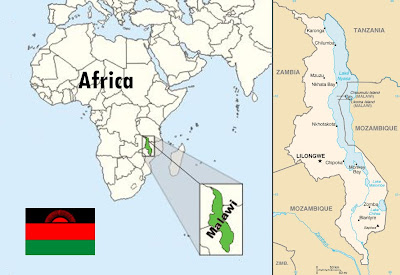 We have a vision. Our vision is to see the church of Malawi to break the vicious cycle of poverty and hunger, to see the church become an agent of change for the country of Malawi, to see God working powerfully through his church to tranform lives -- transformation from survival to sustainability, from devastation to hopefulness and a future -- a testimony of the power of the gospel.
We have a vision. Our vision is to see the church of Malawi to break the vicious cycle of poverty and hunger, to see the church become an agent of change for the country of Malawi, to see God working powerfully through his church to tranform lives -- transformation from survival to sustainability, from devastation to hopefulness and a future -- a testimony of the power of the gospel.Our family is committing two years toward this kind of tranformation for the people of Malawi. But we can't do it alone. We need your help -- your prayers and resources -- to make our vision a reality. We're asking you to stand with us and lift up a suffering nation and to extend God's justice to the poor.
We need to raise $3,712/month of support to enable us to carry out our mission. We would like for you to join our team and be a part of making a difference in the lives of people that are devastated by poverty, hunger, and HIV/AIDS. To let us know you are praying for us or would like to support us financially, please fill out our support form and mail it to us or Emmanuel International. You can also make a donation online by selecting "VanWoerden, Andre & Alexandra (Malawi)" from the drop-down list.
 All gifts are tax receiptable. As a part of our team we will send you regular updates on our ministry in Malawi.Thank you for your support!
All gifts are tax receiptable. As a part of our team we will send you regular updates on our ministry in Malawi.Thank you for your support!














